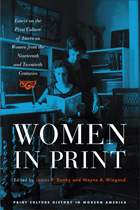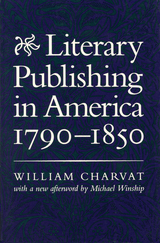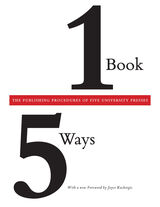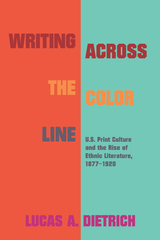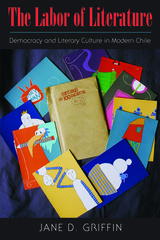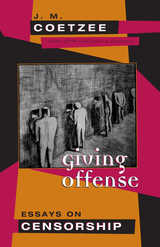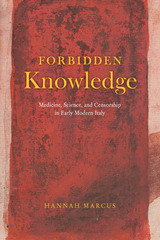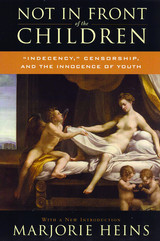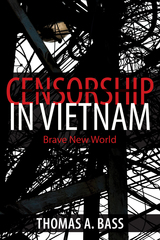Faith in Disguise: A Novella
Vanderbilt University Press, 2026
Cloth: 978-0-8265-0019-9 | Paper: 978-0-8265-0018-2 | eISBN: 978-0-8265-0030-4 (ePub) | eISBN: 978-0-8265-0031-1 (PDF)
Library of Congress Classification Z521.3.B75G6313 2020
Dewey Decimal Classification 070.5092
Cloth: 978-0-8265-0019-9 | Paper: 978-0-8265-0018-2 | eISBN: 978-0-8265-0030-4 (ePub) | eISBN: 978-0-8265-0031-1 (PDF)
Library of Congress Classification Z521.3.B75G6313 2020
Dewey Decimal Classification 070.5092
ABOUT THIS BOOK | AUTHOR BIOGRAPHY | TOC
ABOUT THIS BOOK
Told from the perspective of Martín Tirado, a white Puerto Rican digital historian working at the University of Chicago, Fe en disfraz details the sexual relationship between Martín and his boss, Fe Verdejo, an Afro-Venezuelan historian and museologist who is putting together an exhibition on black women freed from slavery in Latin America at the University of Chicago. Martín himself becomes an interpreter and scribe of black women’s voices through the recounting of Fe’s work and their sexual encounters. Functioning as chapter-length interludes, historical documents that Fe sends him to review from a mysterious collection—many of which Santos-Febres admits in the author’s note that she compiled or made up—interject the twenty-first-century narrative. These interludes detail white men’s sexual subjugation and humiliation of black and mixed-race women during slavery across various sites of Latin America as testaments of white supremacist power and desire.
Meanwhile, the sadomasochist bent of Fe and Martín’s interracial sexual encounters, where Fe sets the rules of engagement and manipulates Martín to her whims, brings this historical archive into the present moment and inverts the racial and gender hierarchy of social relations in Latin America, past and present. Mayra Santos-Febres’s novella is one of the most descriptive pieces of literature to demonstrate the afterlife of slavery, especially in the context of Latin America. Its availability in English for the first time will bring a new readership and engagement to this complicated text.
Meanwhile, the sadomasochist bent of Fe and Martín’s interracial sexual encounters, where Fe sets the rules of engagement and manipulates Martín to her whims, brings this historical archive into the present moment and inverts the racial and gender hierarchy of social relations in Latin America, past and present. Mayra Santos-Febres’s novella is one of the most descriptive pieces of literature to demonstrate the afterlife of slavery, especially in the context of Latin America. Its availability in English for the first time will bring a new readership and engagement to this complicated text.
See other books on: Disguise | Faith | Novella | Publishers and publishing | Rio de Janeiro
See other titles from Vanderbilt University Press


